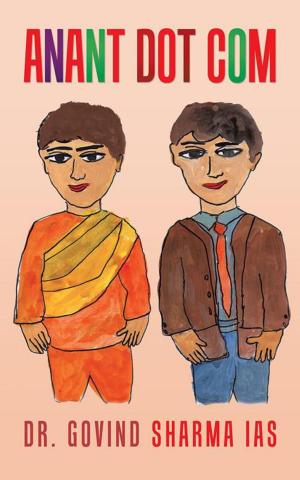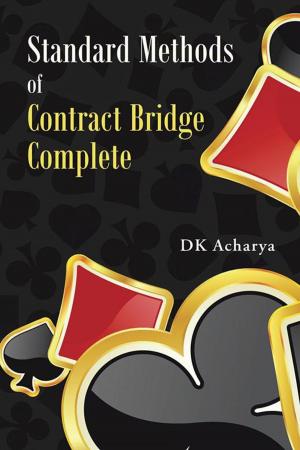Genitive in Hindi
Nonfiction, Reference & Language, Foreign Languages, Language Arts, Education & Teaching| Author: | Anil Thakur | ISBN: | 9781482870305 |
| Publisher: | Partridge Publishing India | Publication: | January 30, 2016 |
| Imprint: | Partridge Publishing India | Language: | English |
| Author: | Anil Thakur |
| ISBN: | 9781482870305 |
| Publisher: | Partridge Publishing India |
| Publication: | January 30, 2016 |
| Imprint: | Partridge Publishing India |
| Language: | English |
Linguists and philosophers have attempted different theoretical models to formalize the structural properties and the various uses of the genitives. Consequently, a large number of works listing the different uses of genitives are attested in different languages of the world. The works done from diachronic perspectives are as interesting and open as those done from synchronic perspectives. However, in spite of the attention that the issue of genitives has received in the linguistics tradition, the issue remains open. I have attempted to examine Hindi genitives from the point of view of their treatment in ancient traditional grammars in Indian and Westerns grammatical traditions as well as the way they have been approached in the modern linguistics theories. I have briefly outlined the approaches that ancient grammarians took with regards to the forms and functions of the genitive constructions. In this context, I have cited both Indian and Western grammarians. In the modern linguistics approaches, I discuss works of traditional Hindi grammarians and modern generative linguists. I have specially taken the core assumptions of Chomskyan Case Theory within the principles and Parameters framework of linguistics to examine the internal structure and the syntactic operations within the genitive constructions in Hindi.
Linguists and philosophers have attempted different theoretical models to formalize the structural properties and the various uses of the genitives. Consequently, a large number of works listing the different uses of genitives are attested in different languages of the world. The works done from diachronic perspectives are as interesting and open as those done from synchronic perspectives. However, in spite of the attention that the issue of genitives has received in the linguistics tradition, the issue remains open. I have attempted to examine Hindi genitives from the point of view of their treatment in ancient traditional grammars in Indian and Westerns grammatical traditions as well as the way they have been approached in the modern linguistics theories. I have briefly outlined the approaches that ancient grammarians took with regards to the forms and functions of the genitive constructions. In this context, I have cited both Indian and Western grammarians. In the modern linguistics approaches, I discuss works of traditional Hindi grammarians and modern generative linguists. I have specially taken the core assumptions of Chomskyan Case Theory within the principles and Parameters framework of linguistics to examine the internal structure and the syntactic operations within the genitive constructions in Hindi.















